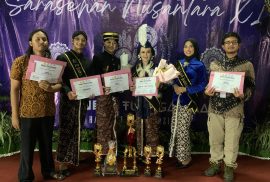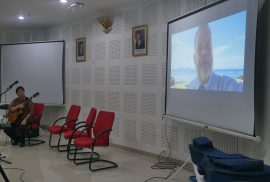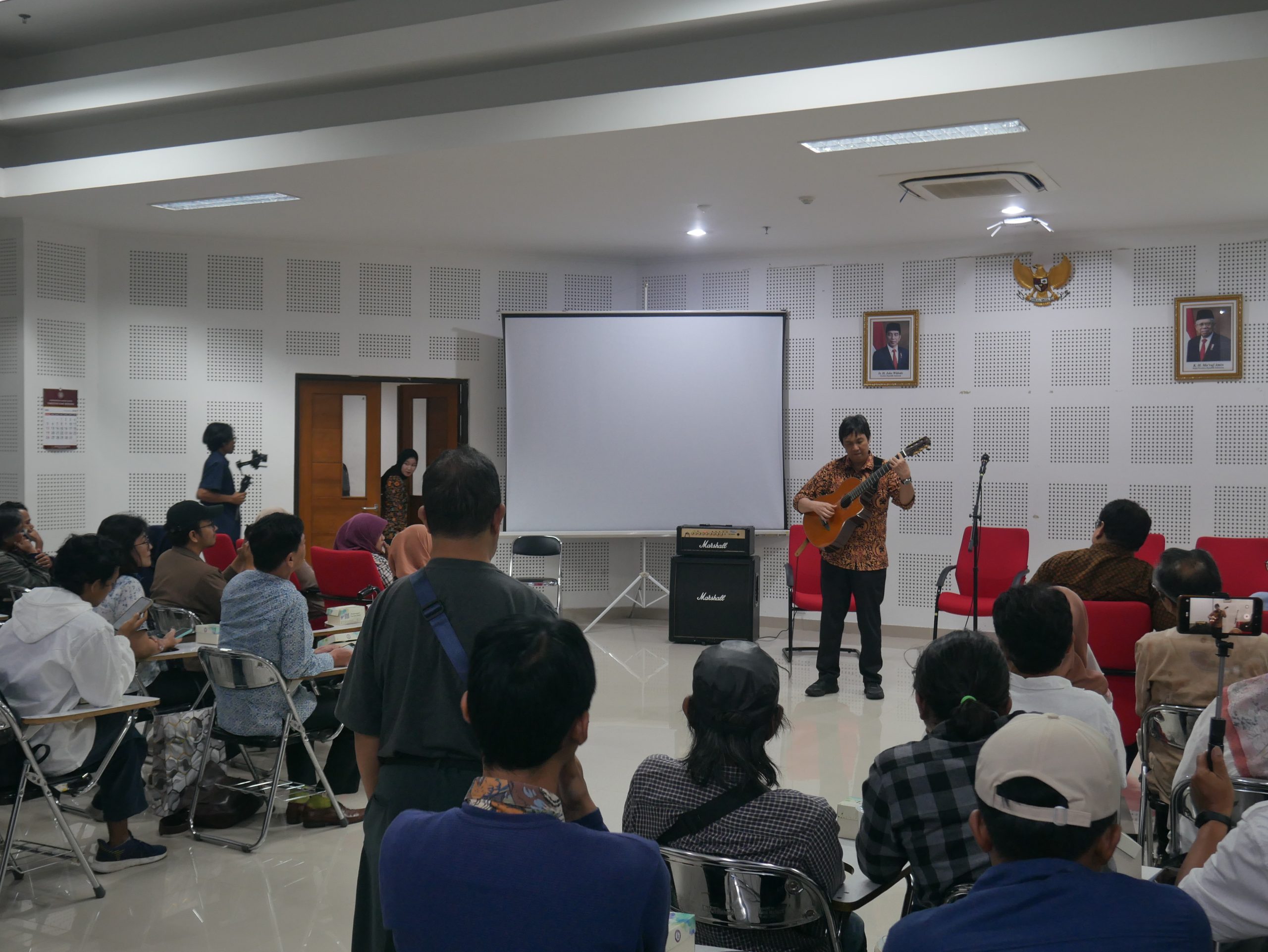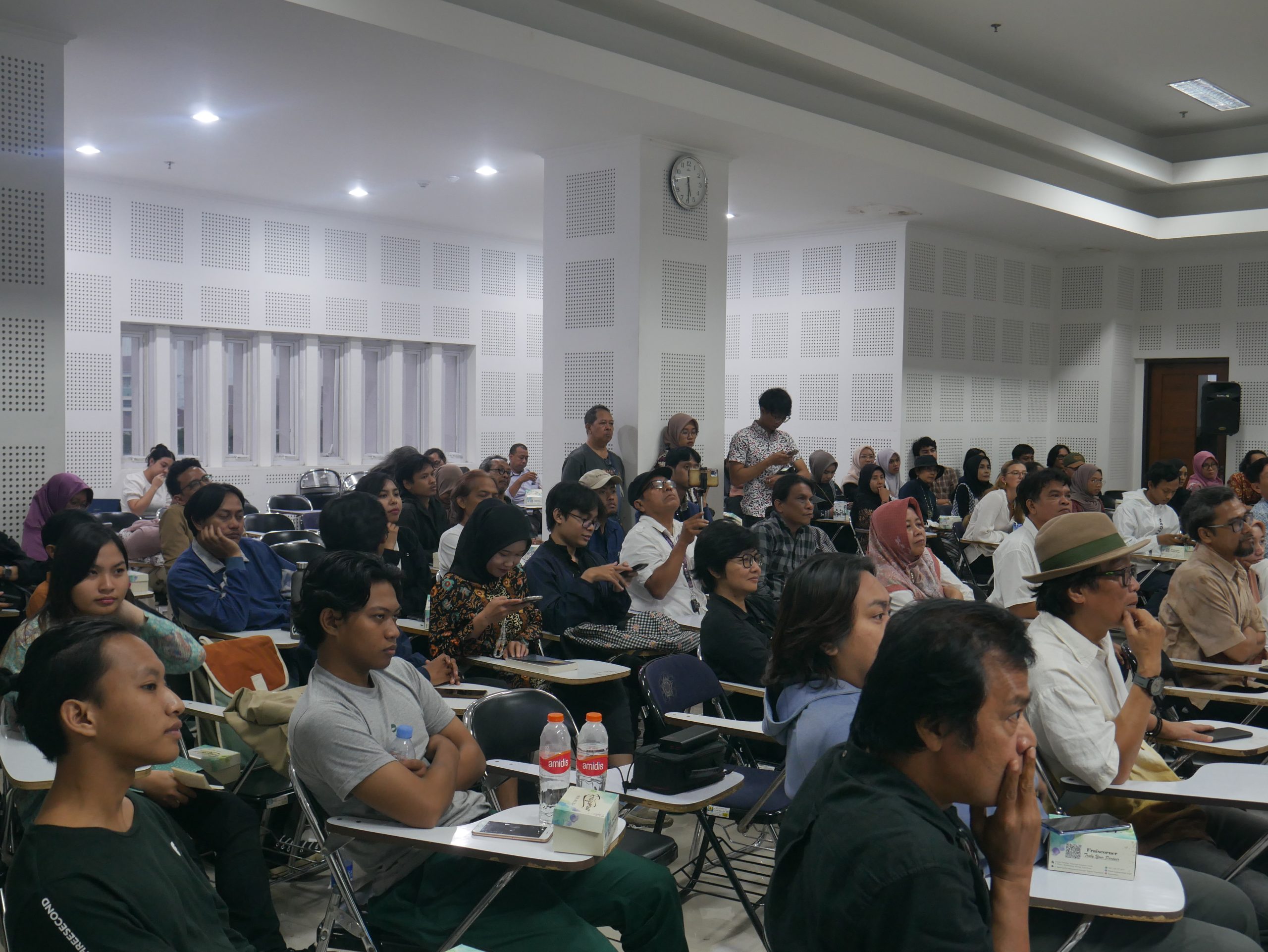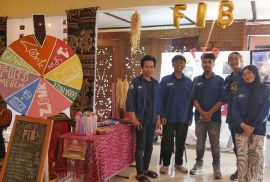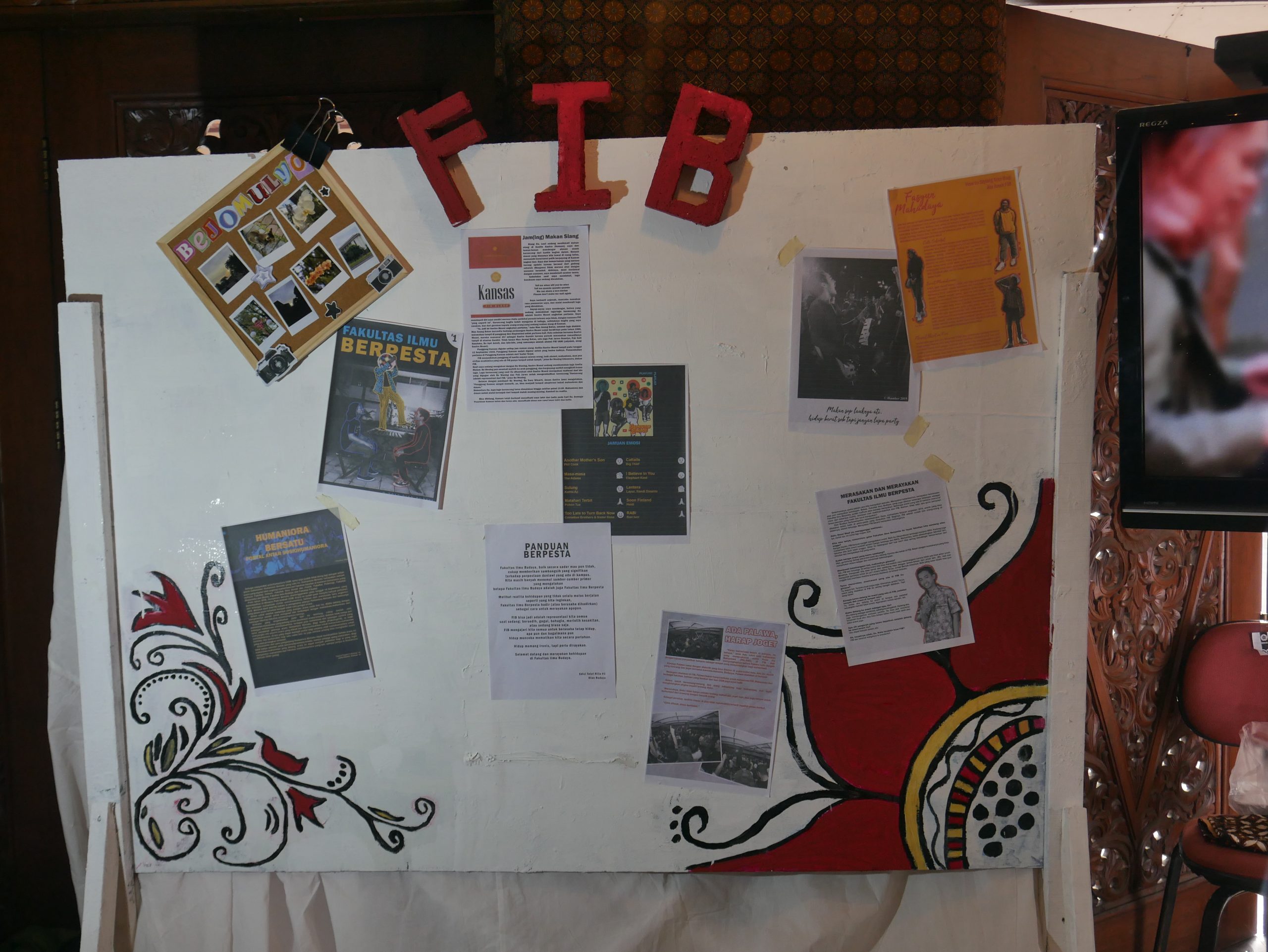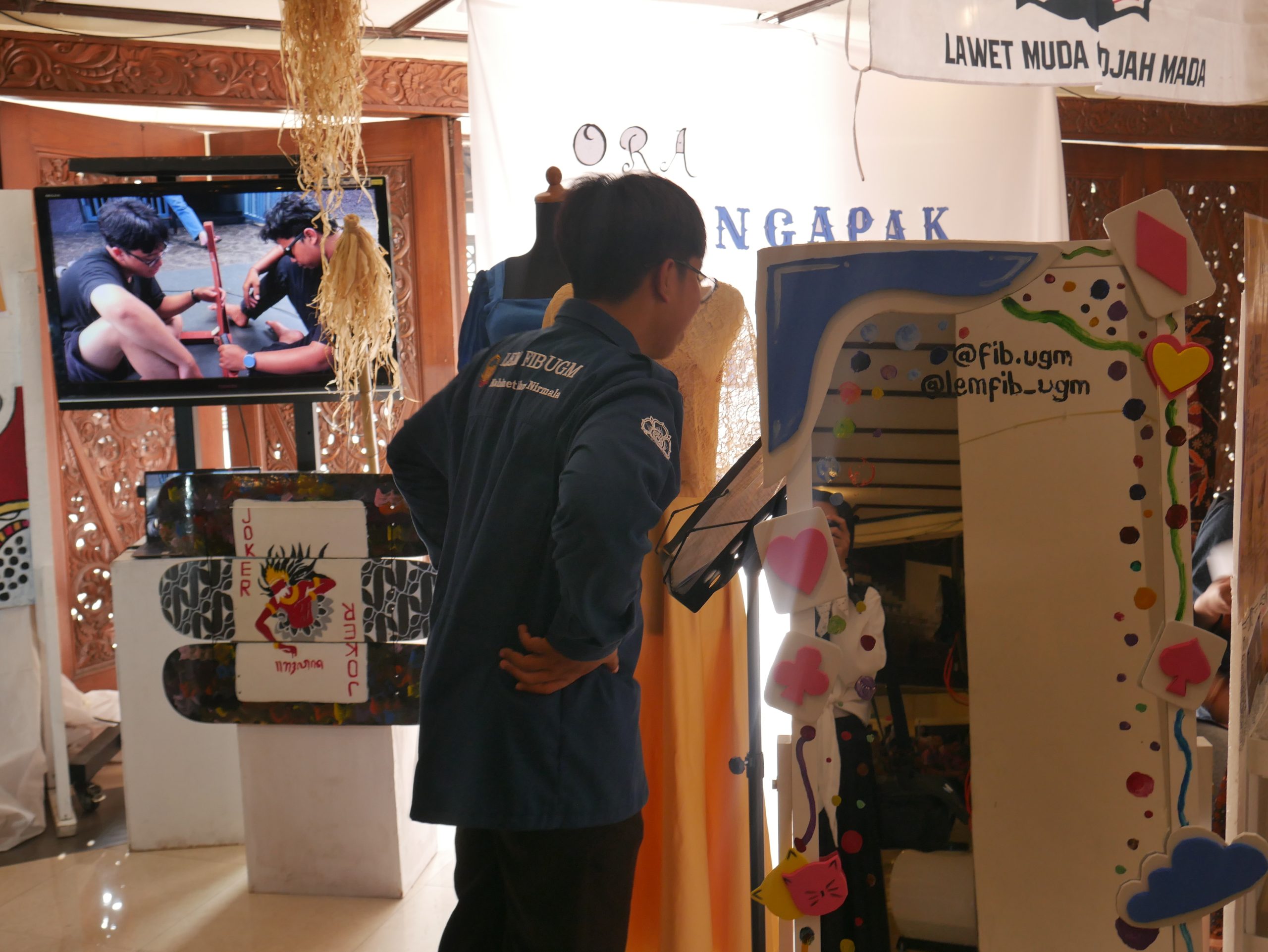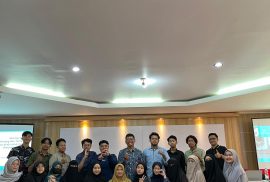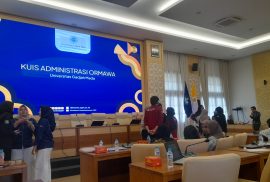IMBASADI stands for the Association of Regional Language and Literature Students throughout Indonesia. On 17 to 19 May 2024, IMBASADI held a competition attended by students of regional literature study programs from all universities in Indonesia. The competition was held at the Mpu Kuturan Singaraja State Hindu College. Of course, the Javanese Literature study program owned by the Faculty of Cultural Sciences, Gadjah Mada University did not want to miss the opportunity to make the department, faculty, and university proud. They participated in the competition and managed to get many championships so that they were crowned the overall champion. The following is a list of student names and the championships they won:
– 2nd place in National Scientific Writing Competition (Haryo Untoro & M. Siswoyo)
– 1st place in Culture Poster (Meifira Arini Pitaloka)
– 3rd Place in Typography (M. Rafi Nur Fauzy)
– Imbasadi Female Runner Up (Ganes Larasati)
– Imbasadi Male Finalist (Rafif Wicaksono)
– GENERAL CHAMPION
Congratulations and sincere appreciation to the Javanese Literature Study Program for the outstanding achievement of winning the overall champion! This achievement is a testament to the dedication, hard work, and incredible collaborative spirit of the entire team and members of the study program. May this achievement be a driving force to continue to develop and strive for excellence in the field of Javanese literature, and become an inspiration for future generations. Continue to maintain the spirit of togetherness, innovation, and dedication that has become the foundation of success. Congratulations on this brilliant achievement, and may success continue to accompany you in the future!

